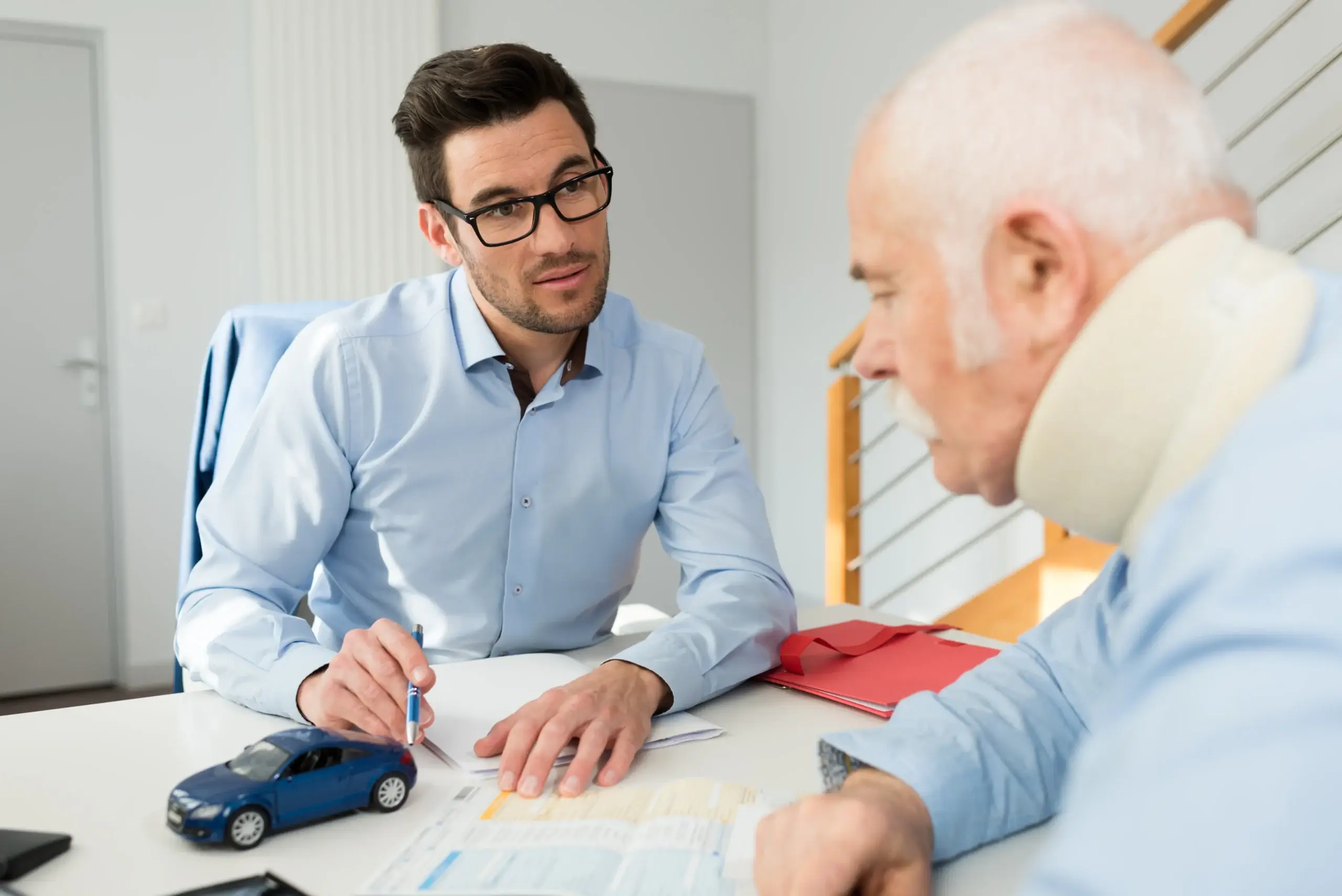Personal Injury Cases: Effective Ways to Safeguard Vital Pieces of Evidence in a Trial

Evidence is vital in any personal injury case; it is what you need to prove the validity of your claim. Also, every piece of evidence is vital to the case as the court uses it to decide the extent of your damages.
Therefore, knowing how important evidence is to your case, you want to preserve every tiny detail. Below are different effective ways to preserve and safeguard crucial evidence in a personal injury trial.
Write Down the Details of Everything As It Happened So You Do Not Forget Important Facts
That popular saying that the faintest pen is sharper than the sharpest brain is very accurate when it comes to evidence preservation. “Right after your injury, the details of the incident are still fresh in your mind, but it will not always be like that,” says Attorney Lawrence A. LeBrocq of Garces, Grabler & Lebrocq, P.C. “Even if you think you have a photographic memory and could never forget, it is safer to write it down.”
Moreover, suffering an injury can be devastating to the brain, and memories typically fade over time. Besides, you may write things down that you did not think could help your case when you were writing it. Therefore, to be on the safer side, take time to write down everything you can think of about the incident.
Get Witnesses Around the Scene of the Incident to Write Out What They Experienced In the Best Possible Way
Witnesses of the accident that caused your injury also have an account of the incident; they need to jot it down. Just like your memories can fade, theirs can too, so locking their account of the event ASAP is essential. Moreover, getting them to write as soon as possible prevents them from changing their story later.
However, getting a witness to write down their account of the incident may be easier said than done. If you are lucky, you may get a cooperative witness willing to sit down and narrate their side of the story. Nevertheless, if the witness is uncooperative, you can conduct a formal deposition, which you can use at trial if the witness is cross-examined.
Take Photos and Make Videos of the Scene and the Environment
Having pictures of the scene, your injuries, and other elements involved in the accident can impact your case greatly. They can go a long way in convincing the jury that your version of the incident is the one to believe. Meanwhile, you do not need a high-function camera to take the pictures; your phone can do the job well.
Take pictures of the scene of the accident, the vehicles involved, and everything else you can think of – even the road condition. Furthermore, be sure to update the photos of your injuries as they heal to help jurors better understand your pain.
Get a Journal and Write Down the Details of Every Event that Happens from The Day of the Incident
One mistake personal injury claimants make is discussing their cases with entities other than their attorneys. That could be a huge mistake because once those details are out there, the defendant’s legal counsel can access them. However, when you journal your injuries, your case is still safe because journals are personal, and gaining unauthorized access would be illegal.
Furthermore, writing a journal can help you to keep track of your medical bills and appointments and to document your treatment. Your journal can contain records of your appointments, pain levels, expenses such as medical bills, and anything you can think of.
Do Not Delay With Any Legal Step You Want to Take to Get Compensation
Avoid delay/ing getting the evidence you want to use in your personal injury case because losing time means losing evidence. Waiting too long can result in the loss of the evidence, regardless of how short the time is. Moreover, the other party may tamper with the scene to conceal valuable evidence, and witnesses may forget important things.
In addition, personal injury cases come with Statutes of limitation, which must be adhered to, or you risk losing your claim. Therefore, gather as much evidence as you can right away to increase your chances of building a strong case.
Conclusion
The success or failure of a personal injury case depends on the evidence available, among other factors such as the attorney’s competence. Therefore, you need to give the time and effort required to build each piece of evidence and strengthen your case.






